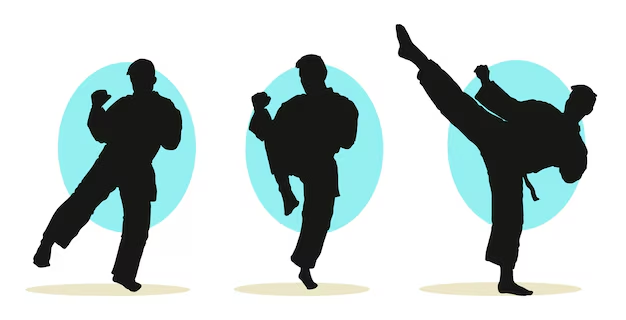Should you care what I am wearing as I write this? Read on, gentle reader…
Making sure that the education we offer is meeting student needs is an ongoing priority, and part of that has to be equipping students to use technology well. The modern age is different from what has gone previously; science and technology have given us access to a world of possibilities – not least increased lifespan and access to education, healthcare, travel and leisure.

In education one aspect of the changes brought on by technology that interests me is the information overload phenomenon – the notion that we are overwhelmed with the internet, emails, images, adverts and so on – and AI is only making this deluge worse. I read somewhere that walking down a street in a big modern city, one encounters more data just in the form of billboards than someone in the 16th century would come across in a year. This historical perspective intrigued me – especially when I came across these:
What is the point of having countless books and libraries whose title the owner could scarcely read through his whole lifetime that matter books and burdens the student without instructing
Seneca (4BCE)
We have a reason to fear that the multitude of books which grows every day in a prodigious fashion will make the following centuries fall into a state as a barbarous is that of the century that followed the fall of the Roman Empire
Adrien Baillet (1685)
This might suggest that in fact things aren’t so very different after all; perhaps all the hype is nothing new; perhaps information overload is simply business as usual, dressed up in a new phrase. But it can’t be as simple as that; Baillet, writing above, would have been hard-pressed to find what Seneca wrote whereas we can get to in a few clicks, and even find out when Seneca lived, what else he wrote, how he died. So there are differences, for sure.
It’s also instructive to look at the history of new technologies. The impact of the printing press was clearly hard to overstate, but it took centuries for it to be felt. The telephone might be a better example, being an early ‘information technology’. American sociologist Harvey Sacks writes that as it was introduced into American homes during the last quarter of the 19th Century, instantaneous conversation across hundreds or even thousands of miles seemed close to a miracle. Scientific American described it as “nothing less than a new organization of society – a state of things in which every individual, however secluded, will have at call every other individual in the community, to the saving of no end of social and business complications…”
“..a new organization of society”! Karl Marx in his final years would have been proud! And such phrases have been written about the modern information technology many times. But Sacks goes on to point out that in fact what we saw was not so new; instead it was the pouring of existing human behaviour into fresh moulds – “our goodness, hope and charity; our greed, pride and lust” (sounds familiar in an internet age?).
So new technology didn’t bring an overnight revolution. Instead, there was strenuous effort to fit novelty into existing norms. In Victorian times, one of the biggest questions revolved around decency; was it, for example, disgraceful to chat while improperly dressed? (You will be pleased to know that I always put on a suit when writing, but I will spare you a selfie). I wonder how many of our questions, around echo chambers, trolling, misinformation and community will be seen as quaint teething pains in 2100.
But what I am confident about is the fact that the human condition has not yet been subject to rapid change. Perhaps in the future brain-implants will change us; if so, it will be in ways we can barely imagine. For now, I would argue that we may be overwhelmed by information, but as Criss Jami wrote “the eye of the storm is not so much what goes on in the world, it is the confusion of how to think, feel, digest, and react to what goes on.” And in that, we can take an historical perspective which allows us to see continuity with humanity over time, as well as differences.
Being able to shift perspective like that (across time, space or some other category) is important; it means we can nudge toward a broader understanding and appreciation of ourselves and better locate ourselves in human story. Barack Obama said that he believes in American exceptionalism in the same way that British probably believe in British exceptionalism, Greeks in Greek exceptionalism and French believe in French exceptionalism. And that’s the message, I think; that believing we live in special times, special places, and perhaps even are special – in technology and in so many other ways – doesn’t mean that other people, times and places aren’t special too. And for us, that means that as we adapt our education to our changing times, we have to be mindful of keeping the best of the old as we introduce the best of the new.
A good education will always require human attention, kindness, affection, awareness of difference, curiosity. It will involve combining things of great that are by themselves lacking, or even dangerous when unbalanced – structure and freedom; knowledge and skills; self-belief and self-doubt; pride and humility. While we must of course wrestle with the fine details of if and how to teach coding or AI to all (for example), these are timeless qualities. Technology will only amplify, not dampen the need for them to be central in what we offer.


